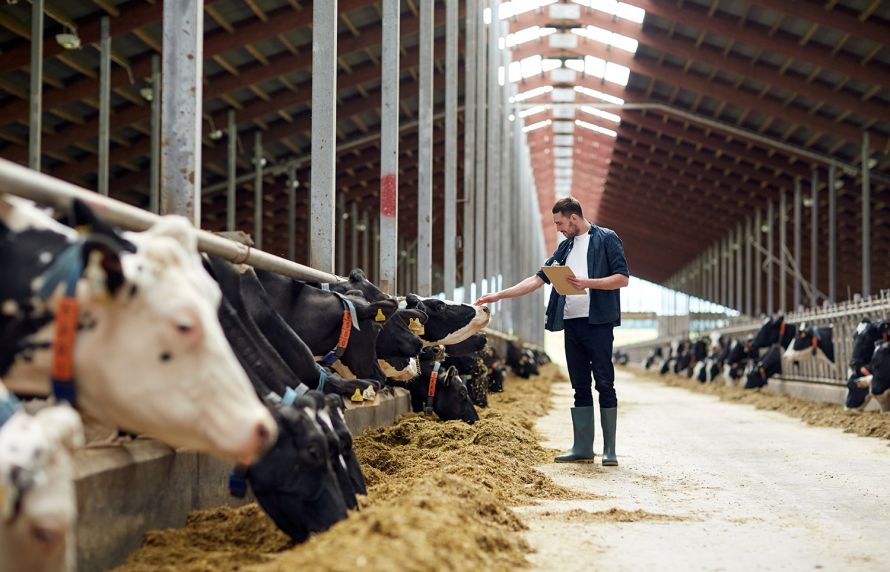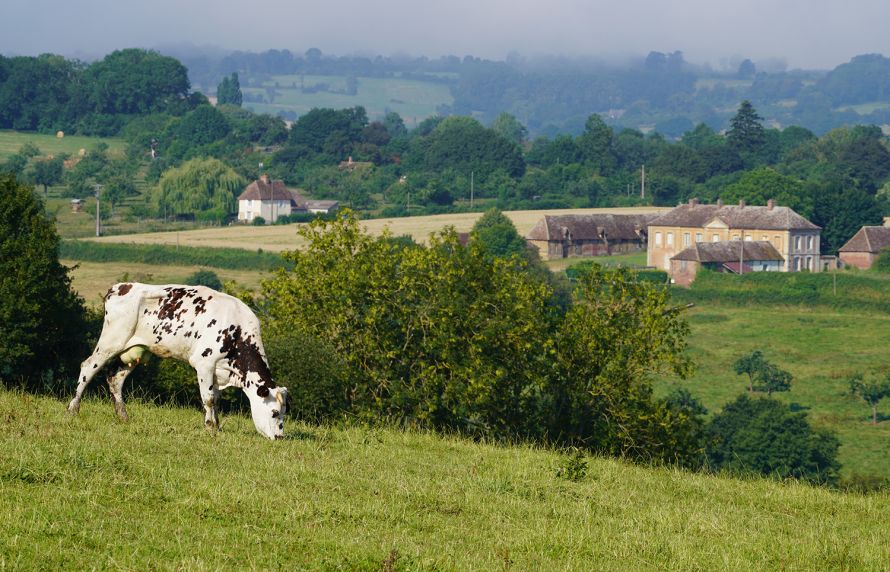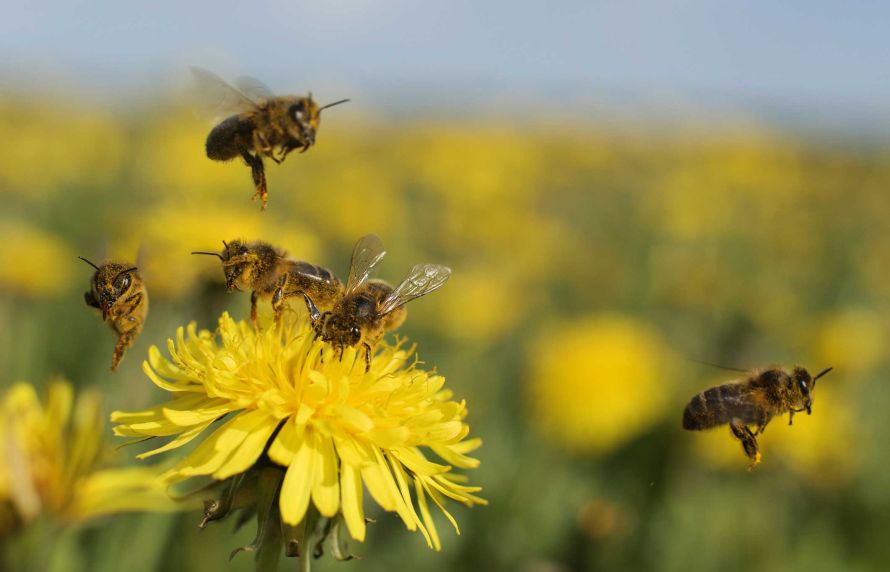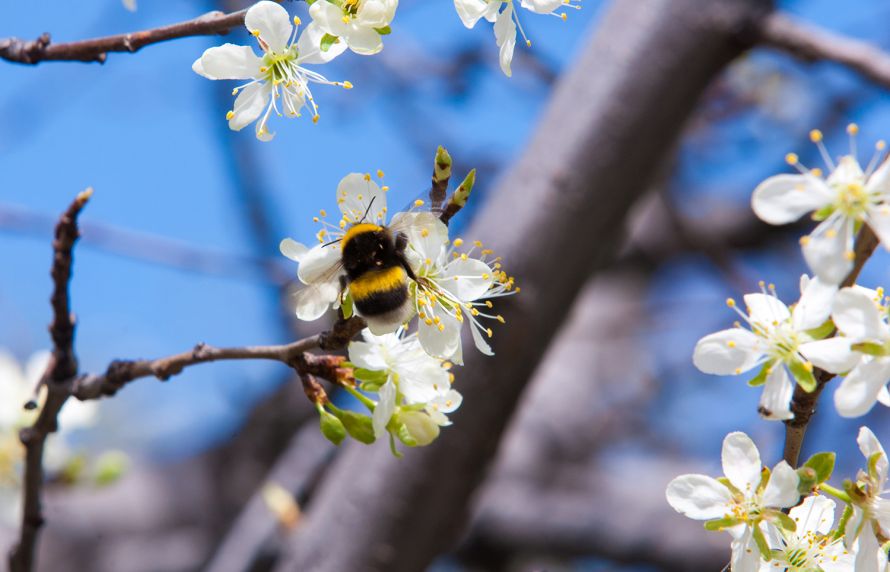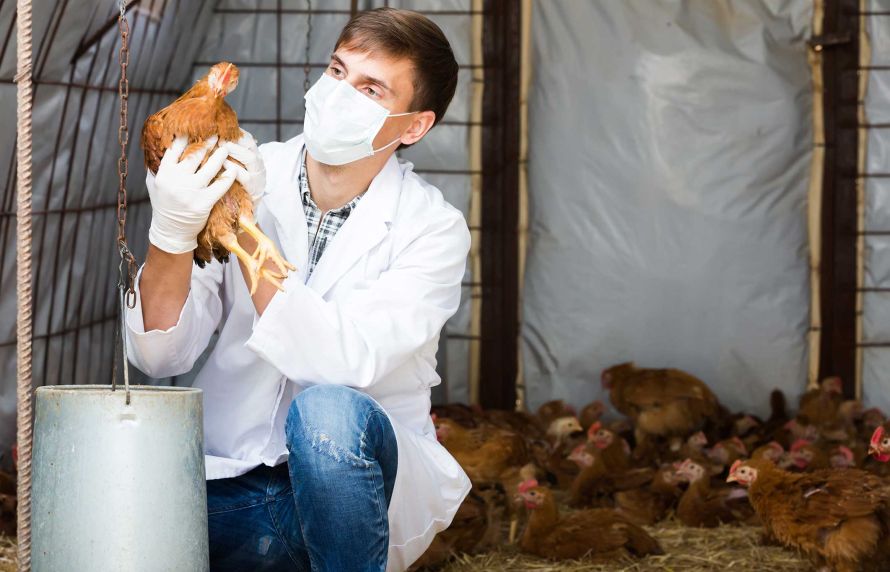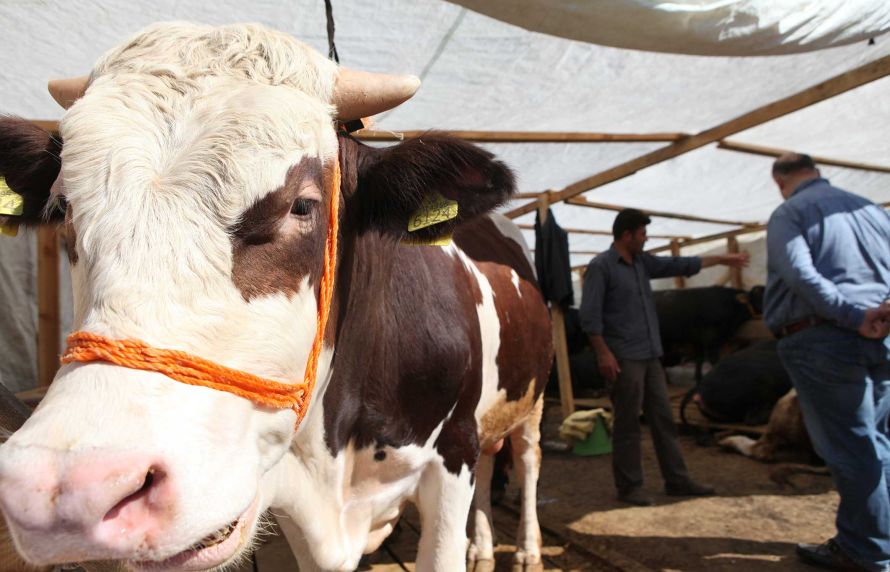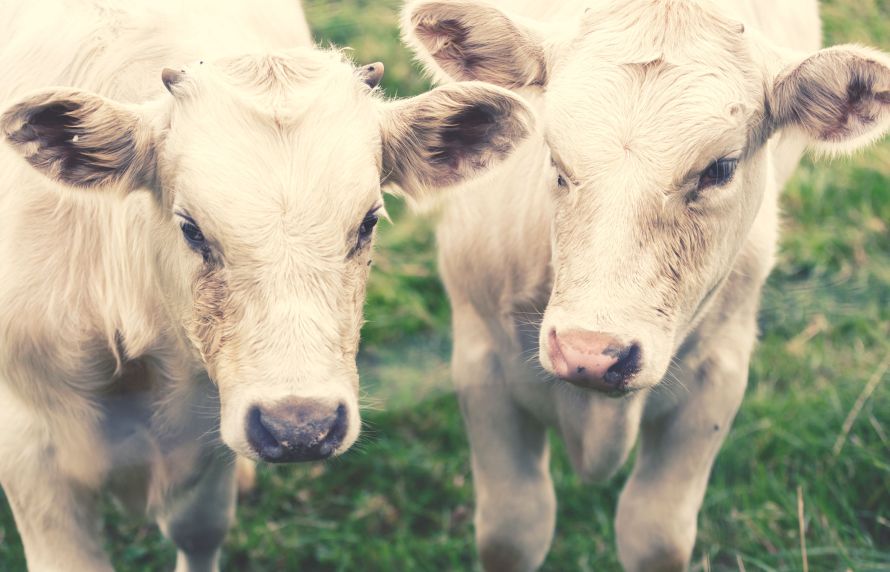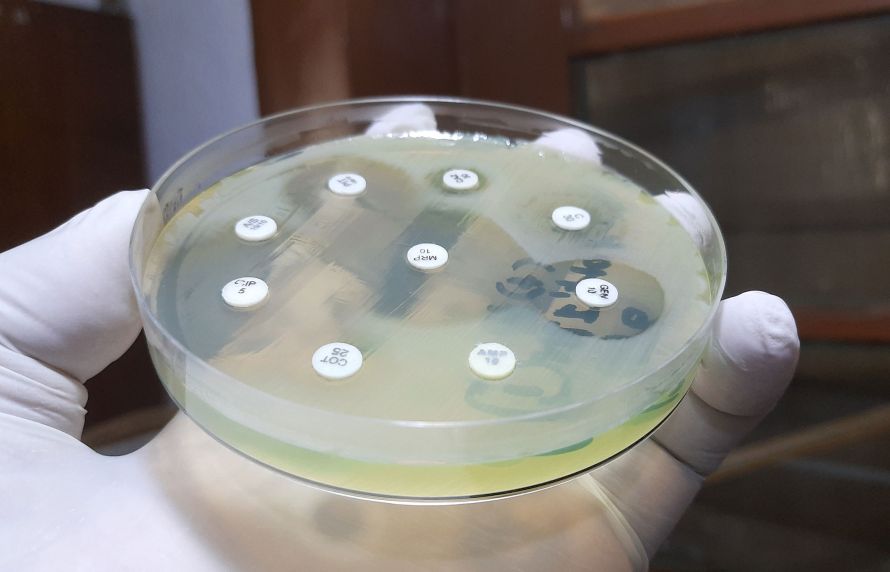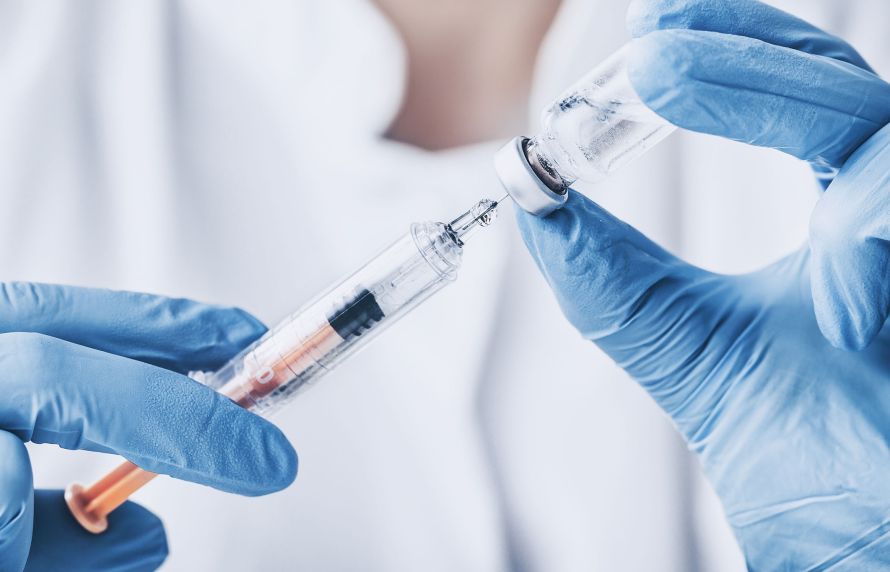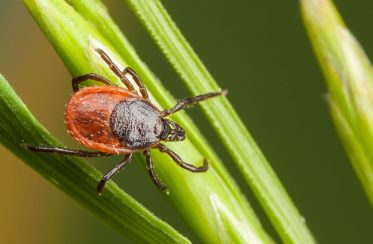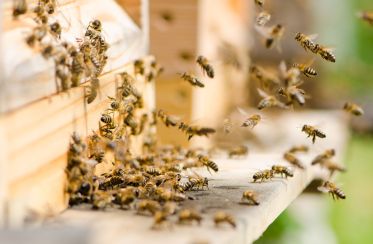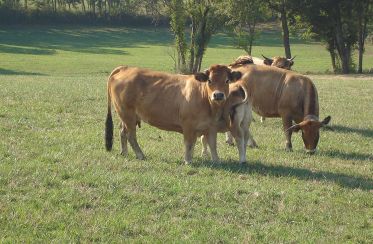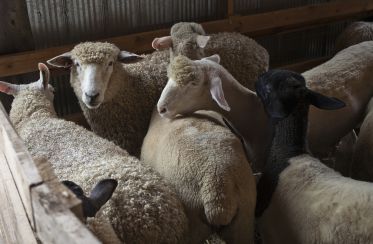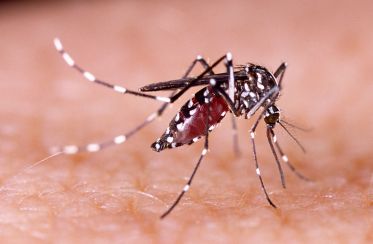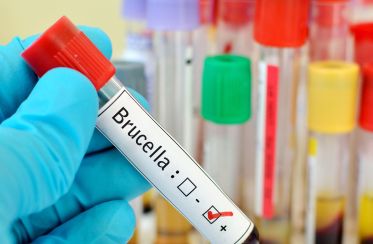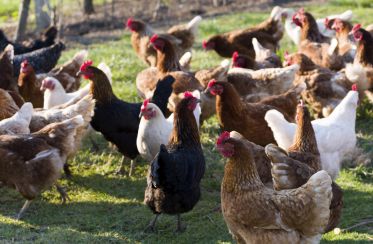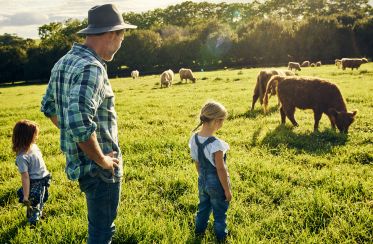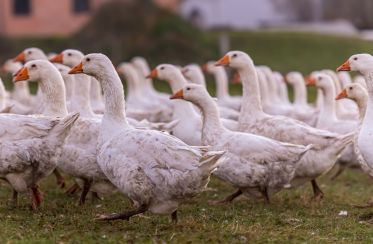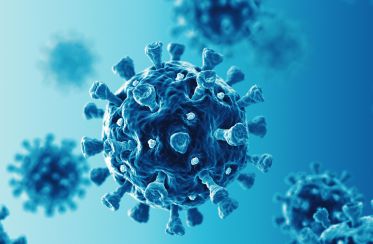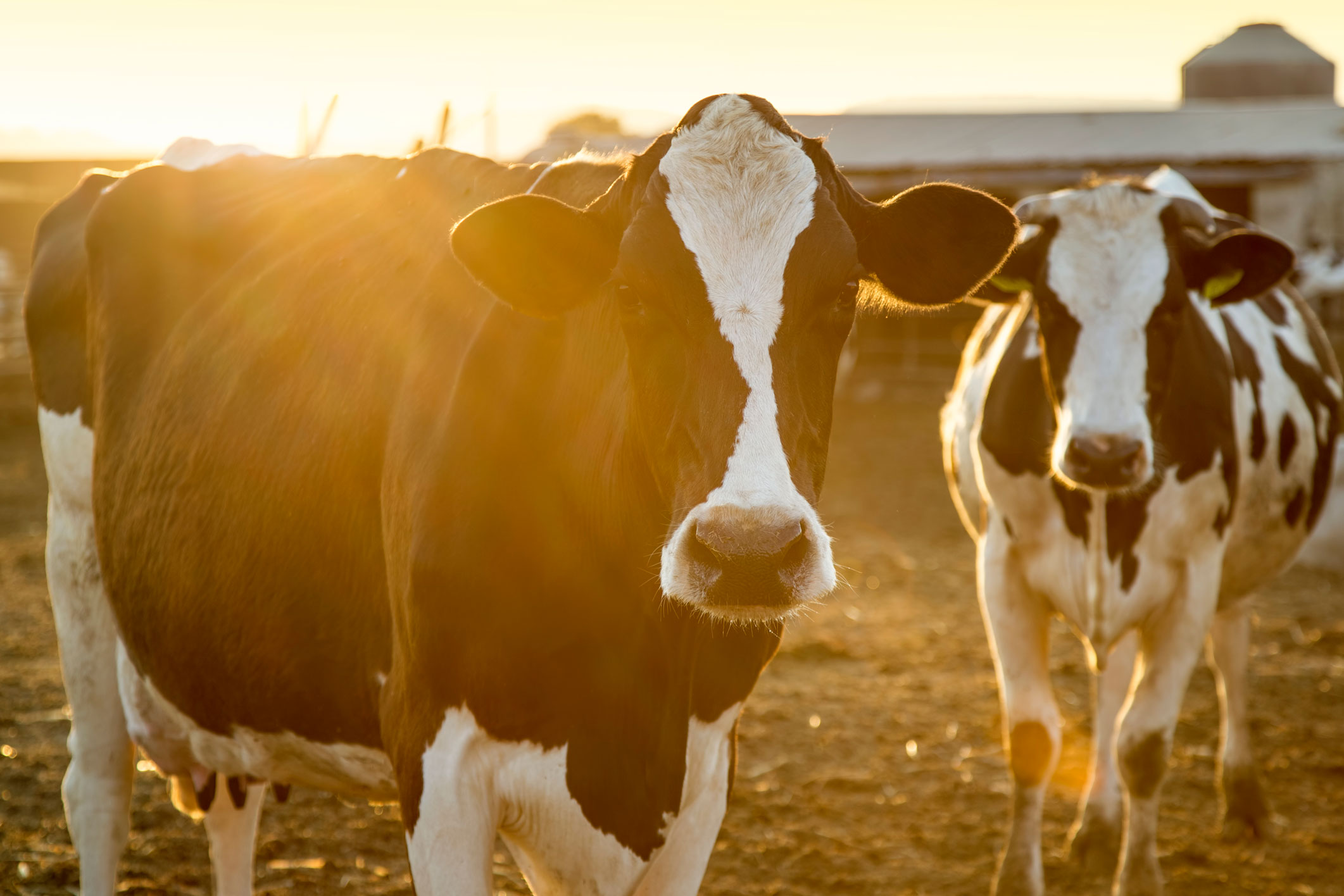
Page thématique
Animal health and welfare
As is the case for humans, animal health can be threatened by various viruses, bacteria and parasites. ANSES's expertise offers insights into the complex interactions between pathogens, animals and rearing conditions, while supporting the management of health crises. It therefore contributes to prevention and control of the main animal diseases affecting livestock and wildlife, as well as the zoonoses affecting human health. It also works to improve animal welfare while ensuring the safety of the food chain and the sustainability of the different production sectors.
News
Decryption
Publications
Animal health and welfare
Date de mise en ligne
06/10/2023
Numéro de saisine
2018-SA-0269
Animal feed
Date de mise en ligne
31/01/2022
Numéro de saisine
2017-SA-0247
Animal health and welfare
Date de mise en ligne
07/05/2020
Numéro de saisine
2020-SA-0037
Animal health and welfare
Date de mise en ligne
20/03/2020
Numéro de saisine
2020-SA-0037
Assessment of the biological risks in foods
Date de mise en ligne
13/02/2019
Numéro de saisine
2016-SA-0183
Animal health and welfare
Date de mise en ligne
06/10/2023
Numéro de saisine
2018-SA-0269
Animal feed
Date de mise en ligne
31/01/2022
Numéro de saisine
2017-SA-0247
Animal health and welfare
Date de mise en ligne
07/05/2020
Numéro de saisine
2020-SA-0037
Animal health and welfare
Date de mise en ligne
20/03/2020
Numéro de saisine
2020-SA-0037
Assessment of the biological risks in foods
Date de mise en ligne
13/02/2019
Numéro de saisine
2016-SA-0183
Animal feed
Date de mise en ligne
14/05/2018
Numéro de saisine
2017-SA-0074
Animal feed
Date de mise en ligne
11/12/2018
Numéro de saisine
2013-SA-0122
Animal health and welfare
Date de mise en ligne
19/05/2017
Numéro de saisine
2016-SA-0120
Animal health and welfare
Date de mise en ligne
14/12/2015
Numéro de saisine
2015-SA-0241
Animal health and welfare
Date de mise en ligne
15/09/2015
Numéro de saisine
2012-SA-0176
Date de mise en ligne
04/11/2014
Animal health and welfare
Date de mise en ligne
24/07/2014
Numéro de saisine
2014-SA-0087
Animal health and welfare
Date de mise en ligne
20/06/2014
Numéro de saisine
2011-SA-0071
Date de mise en ligne
21/10/2013
Animal health and welfare
Date de mise en ligne
07/05/2012
Numéro de saisine
2009-SA-0294
Transmissible Subacute Spongiform Encephalopathies (TSSEs)
Date de mise en ligne
16/11/2011
Numéro de saisine
2011-SA-0014
Transmissible Subacute Spongiform Encephalopathies (TSSEs)
Date de mise en ligne
22/07/2010
Numéro de saisine
2009-SA-0168
Transmissible Subacute Spongiform Encephalopathies (TSSEs)
Date de mise en ligne
22/07/2010
Numéro de saisine
2010-SA-0005
Transmissible Subacute Spongiform Encephalopathies (TSSEs)
Date de mise en ligne
27/04/2010
Numéro de saisine
2009-SA-0121
Transmissible Subacute Spongiform Encephalopathies (TSSEs)
Date de mise en ligne
19/04/2010
Numéro de saisine
2009-SA-0173
